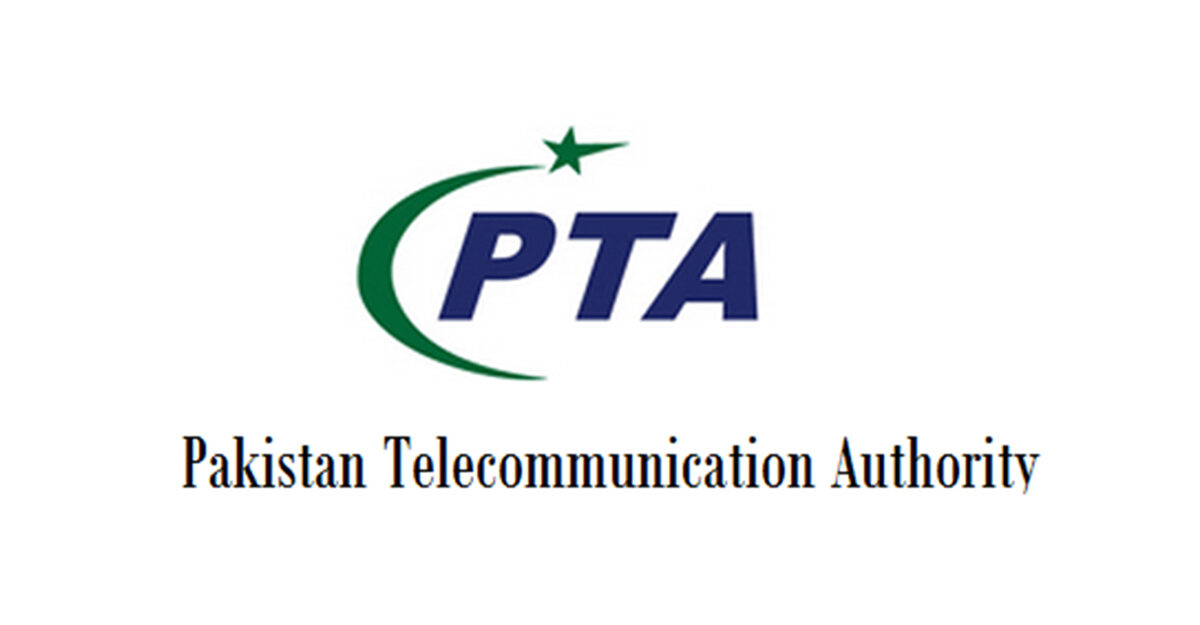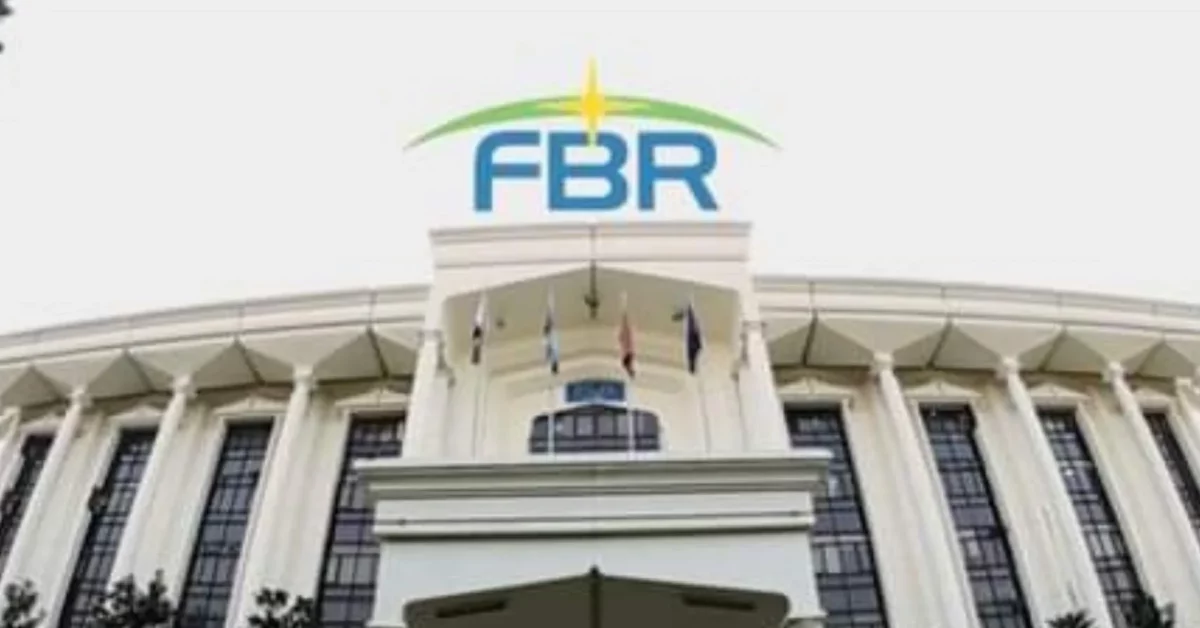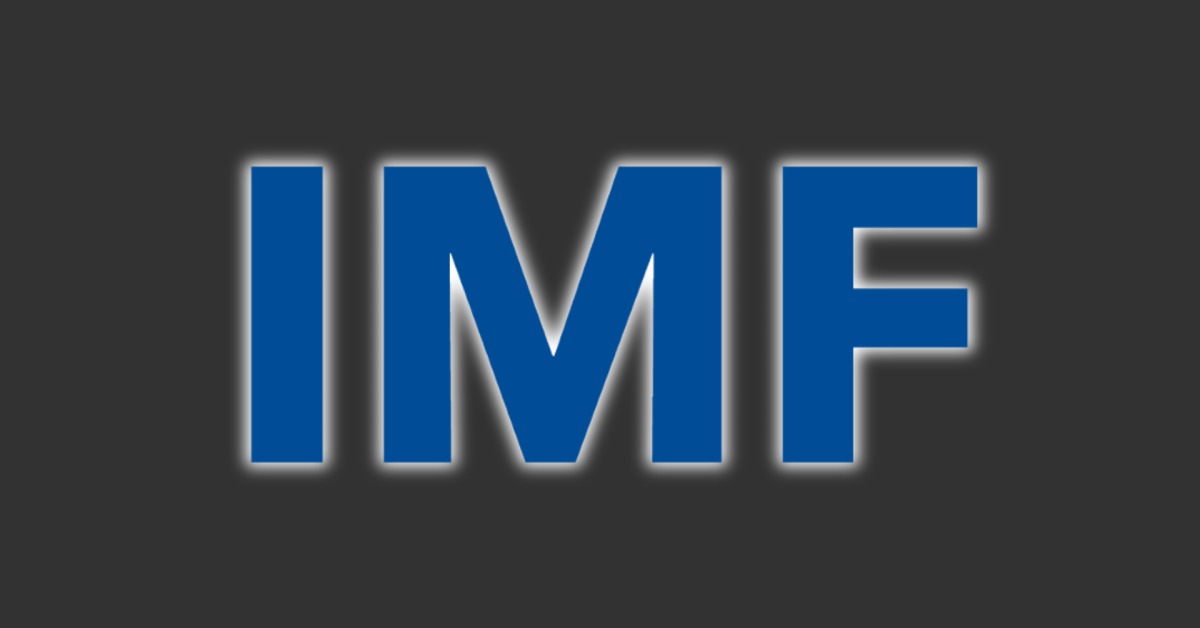
NBP signs MoU with PTA
June 20, 2022
HBL starts WhatsApp banking
June 22, 2022Islamabad (June 20, 2022): With reference to an article titled “Saving the Internet” published in Dawn on 20 June 2022, it is stated that the article casts aspersions on PTA’s efforts to block illegal online content, primarily pornographic websites in Pakistan through Domain Name System(DNS). The article is based on illogical assumptions and lack of understanding of how the system works. It is alleged that PTA is enforcing Centralized Domain Control in Pakistan whereby all the domain name resolution will be done centrally by PTA. Similarly, it is assumed that CDNs will stop functioning after this implementation. Besides these, numerous baseless accusations have been made in the article which show lack of technical understanding. It seems this article and similar news are being propagated in haste without an in-depth understanding about the DNS working.
The writer asserts that ‘if fully implemented, this will significantly slow down internet speed in Pakistan’, it is clarified that it will not slow down internet, rather it will improve the name resolution time as it will be done locally by the ISP’s DNS. As per PTA’s study, accessing a website from abroad takes around 120 ms; while accessing it from Karachi while being in Islamabad takes around 10 ms, whereas the same websites hosted in Islamabad will take only 2-5 ms to load. On this analogy, URL or name resolution by local DNS will take substantially less time.
Contrary to the writer’s claim that “it will increase the cost of internet services”, this aspersion assumes that CDNs will not be functional after central policy enforcement. There is no link between the two and CDN functionality will not be affected by this. It will rather save the bandwidth being utilized on resolving the names from outside Pakistan. It will further save the foreign exchange used to buy the bandwidth being utilized on useless illicit content which was on increased use in Pakistan some time back.
Moreover, to the writer’s assumption that ‘it will undermine privacy’, it is stated that the process will not affect the privacy in any way as there is no monitoring mechanism with this system to establish what the users are surfing. The article also claims that ‘It will effectively stunt Pakistan’s IT sector expansion and advancement in technology and associated services’ whereas, it will not affect the IT sector in Pakistan in anyway, as it will not affect the Internet, except the illegal content landing to Pakistan.
The article also states that ‘it will impact Content Distribution Networks (CDNs) that bring internet content to customers by geo-caching them, meaning that they are preloaded on servers geographically close to customers which enables fast loading and browsing’, whereas, this implementation will not affect CDNs in anyways as CDN’s IP addresses used for performing resolution are being whitelisted.
Contrary to the claim that ‘a centralized DNS and blocked global DNS will also undermine the privacy of internet users in Pakistan as a local DNS will be vulnerable to state surveillance, increased security threats by hackers etc, loss of access to DNS block lists that protect users from malware and viruses and the potential for abuse of DNS data for commercial purposes among several issues’, it is clarified that this implementation will not undermine privacy of internet users in anyway. The author has not been able to highlight any practical reasons as how it affects privacy and why local DNS resolution will increase security threats and state surveillance. DNS by design does not encrypt packets and hence the DNS queries shall be visible to any intermediatory devices such as ISP routers. The same is the case globally with any other ISP.
To this assertion that “PTA must scrap the proposal for blocking global DNS, and move towards decentralized DNS so that Pakistan’s IT sector can grow, exports can rise and Pakistanis can compete globally”, it is stated that the DNS is already decentralized, PTA will enforce their policy for blocking of unlawful content as mandated under PECA section 37 across all ISPs/CMOs. Existing process of manual blocking illegal / harmful content under the law is being automated, hence as such there is no impact on the internet, quality of the internet, cost of the internet services or does not undermine privacy in anyway.
In view of above, it is regretted that the writer did not approach PTA for comments or any clarification which could have made the article objective and fair for the readers of this esteemed newspaper.
Original Source






